Closing the double inequality gap is not only a rights requirement, but also an essential foundation for sustainable development in ethnic minority areas.
According to a survey by CARE International in Vietnam in the period of 2023-2024, in Ha Giang and Lai Chau, ethnic minority women work an average of more than 13 hours per day. Of which, more than 5 hours are spent on unpaid work such as: taking care of the family, cooking, cleaning, and farming. This work is not included in income, has no voice in the household economy and is not present in public policy allocation.
Outside the home, women’s role is even weaker. Only about 20% of ethnic minority women have a voice in village meetings. 17% of women have paid jobs.
Girls in mountainous areas are at a much higher risk of dropping out of school than boys. Girls rarely receive vocational training and rarely attend secondary and high school. Visible and invisible barriers pile up, making it difficult for ethnic minority women and girls to access information, participate in decision-making, and escape the vicious cycle of poverty, dependency, and double inequality.
Ms. Nguyen Thu Giang, Chairwoman of the Founding Council of the Light Institute for Community Health Development (LIGHT), frankly stated: “Inequality cannot be solved by short-term intervention, but requires a continuous process, going into personal capacity, so that women can draw value for themselves. When women truly realize that their position can change in many ways: proactively improving their self-worth, boldly speaking out against inequality, finding ways to create livelihoods for themselves and those around them... that is when they will find a way to eliminate gender barriers and prejudices.”
Practice shows that when women are empowered, their inner strength is awakened and they are given the opportunity to develop their own capacities, they can make strong changes, contributing to promoting socio-economic development, gradually narrowing the gender inequality gap, even in remote and particularly difficult areas.
In Sa Phin commune, Dong Van district, Ha Giang province - the northernmost place of the country, a group of H'Mong ethnic women together did what seemed impossible.
With the support of the local government and the District Women's Union, the Sa Phin A Village Agricultural and Forestry General Service Cooperative (also known as the White Flax Cooperative) was established in 2017 with 15 female members. From hands familiar with traditional weaving looms, they have gradually built a closed production chain: growing flax, weaving, embroidering brocade to consuming products.
Not only does it help its members - mostly single women, people with disabilities, and people who have been trafficked - find jobs, the White Linen Cooperative is also a platform for them to confidently rise up. In 2024, the cooperative sold nearly 19,000m of fabric, more than 3,600 handicraft products, with a revenue of more than 3.4 billion VND. The products are not only available domestically but also exported to many countries such as: Laos, Thailand, the US, Germany, Italy, and Japan.
On average, each member has a stable income of 4 to 5 million VND per month, which is not a small number in the highlands.
Once a victim of domestic violence, Ms. Sung Thi Si, Director of the White Linen Cooperative in its early terms, emotionally shared: “Our starting point was low, the women were illiterate and had never signed a contract. Up to now, they have become women who are economically independent, have a voice in the community, and develop their lives through the traditional profession of their people.”
In Bac Kan province, Ms. Loc Thi Chanh, a Tay ethnic woman, also started a business with her hometown's traditional banh tro. From a small production group in 2021, after 3 years, she developed it into a cooperative with a capacity of more than 10,000 cakes per day, creating stable jobs for 14 women in the village.
“Previously, most women had no income and were only busy with housework. Now, they have jobs, income, and especially pride in their ethnic cultural identity,” said Ms. Chanh.
The above stories show that when women have access to resources, opportunities and promote their community's cultural identity, they not only overcome adversity but also become the subject of the development process. From the loom, linen cloth, to the traditional cake - seemingly ordinary things have paved the way for a generation of self-reliant, independent women, affirming their role in the economy, society and family.
From cooperative models, livelihood groups to highland women’s forums, more and more women are not only following but also proactively proposing, coordinating and connecting. When they have jobs, income and status in the community, women can confidently speak up, contributing to transforming prejudices and promoting real equality.
Addressing dual inequality requires not only the right and sufficient policies, but also an understanding of specific people, in specific contexts, in specific villages. The overall project for socio-economic development in ethnic minority and mountainous areas for the period 2021-2030, especially Project 8 (Achieving gender equality and resolving urgent issues for women and children) proposed by the Vietnam Women's Union, has approached the right focus: not just support, but empowerment.
To do so, it is necessary to establish four pillars: economic autonomy through cooperatives and women's businesses linked to indigenous culture; enhancing community voice through self-managed groups; sharing the burden of care through improving basic infrastructure and changing gender roles in the family; and developing endogenous capacity through training, consulting and networking.
There can be no change in the highlands if ethnic minority women continue to live in deprivation and disadvantage. When women are empowered to choose and take control of their future, change will be sustainable from the roots. Empowering ethnic minority women is not only a humanitarian aspect, but also a measure of the effectiveness of sustainable and inclusive development strategies in disadvantaged areas.
Source: https://nhandan.vn/thu-hep-bat-binh-dang-kep-kien-tao-phat-trien-ben-vung-o-nhung-vung-dan-toc-thieu-so-post886973.html








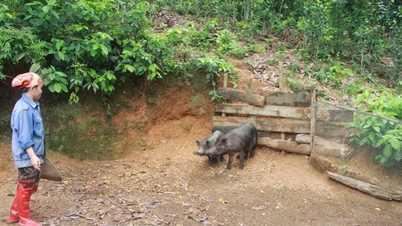

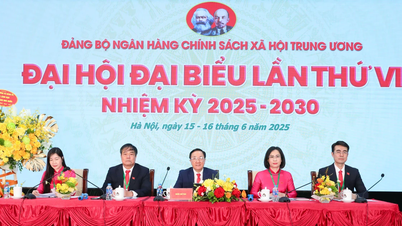

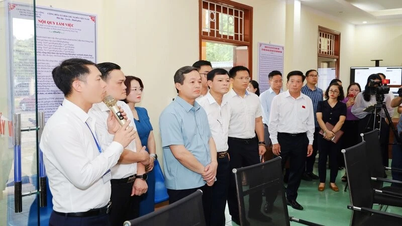
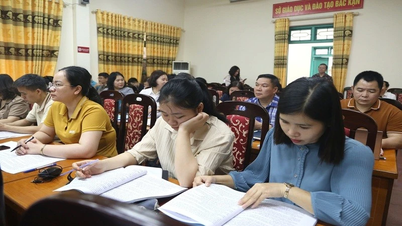
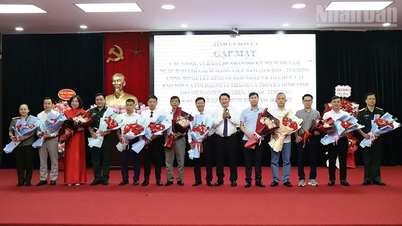
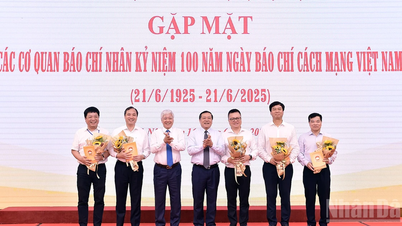





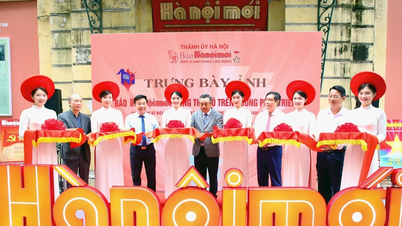

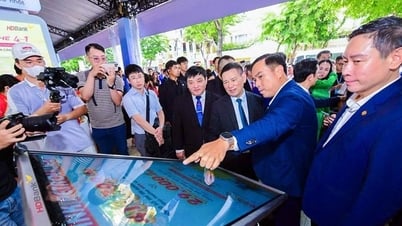

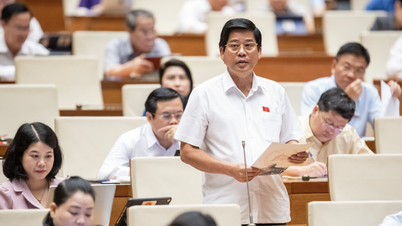



















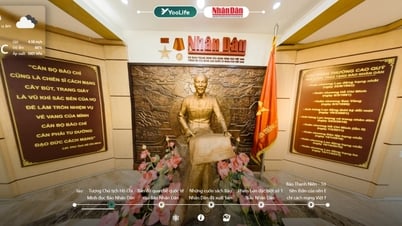





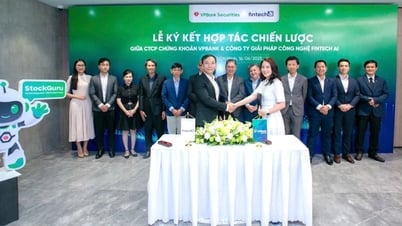

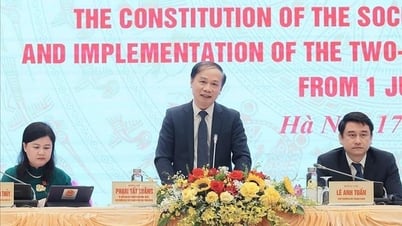





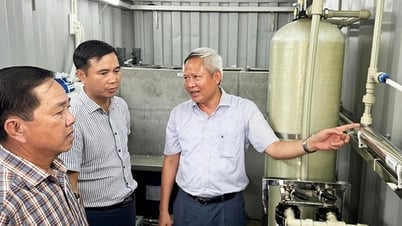

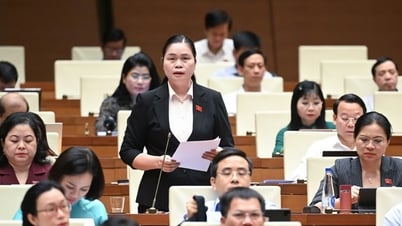
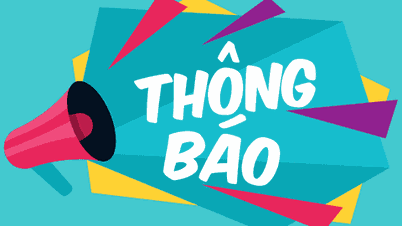

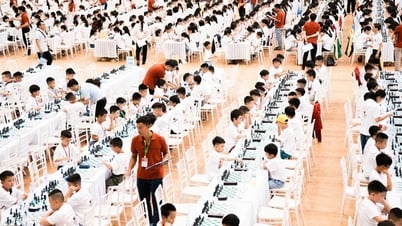
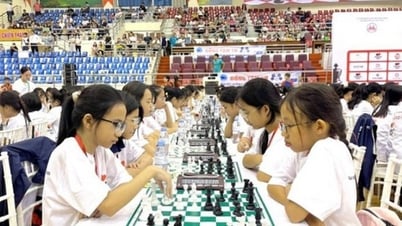

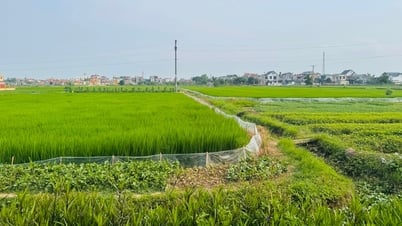

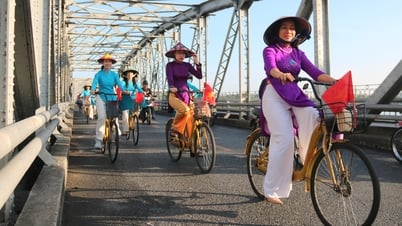



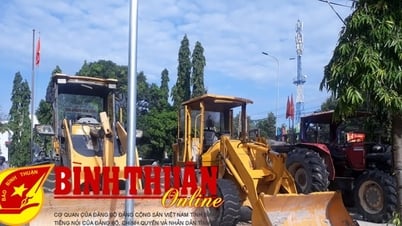

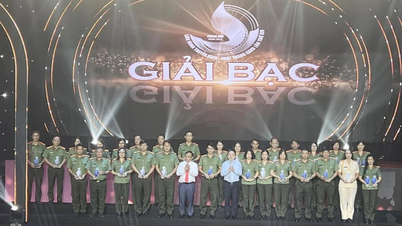

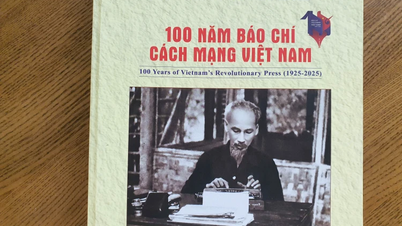















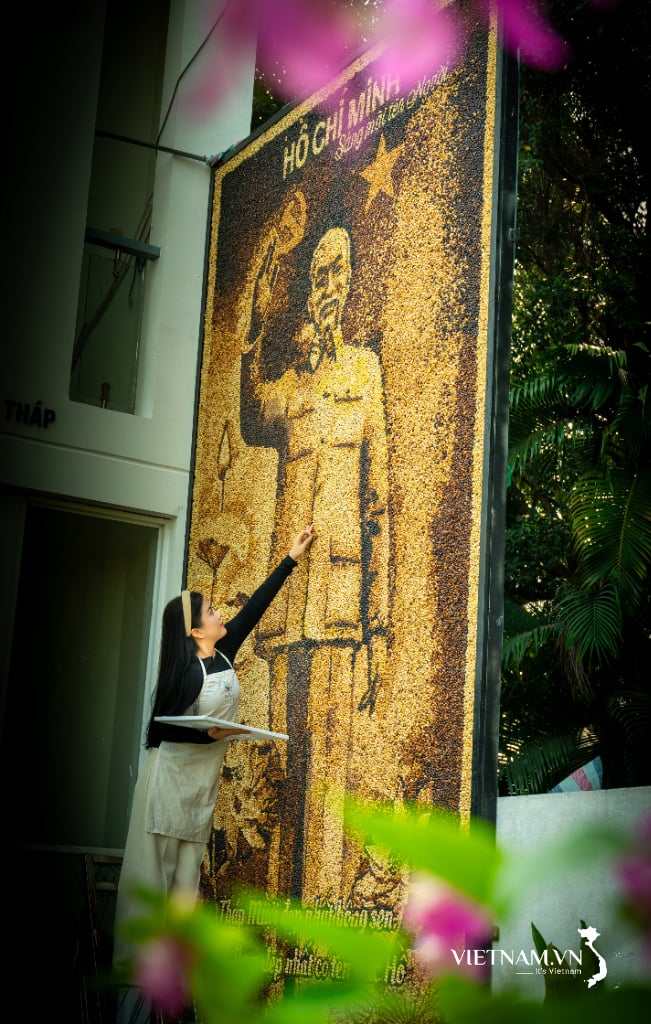
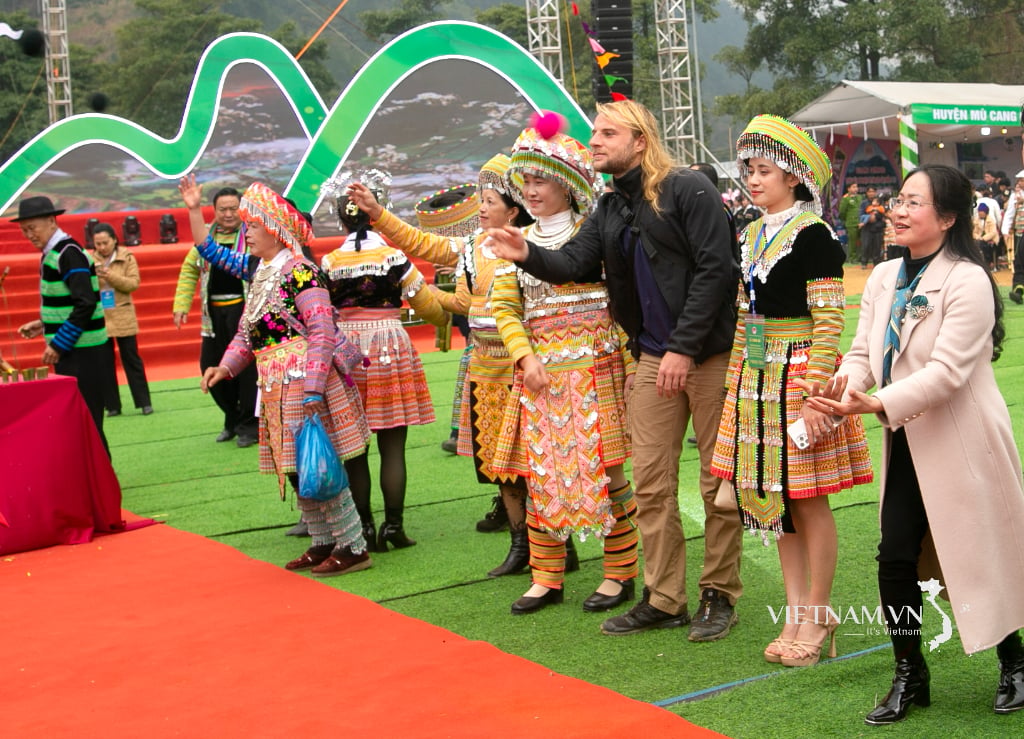
Comment (0)